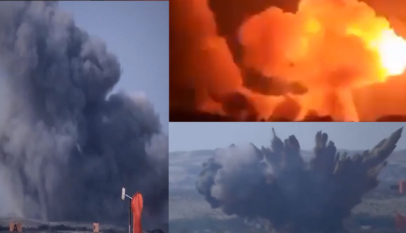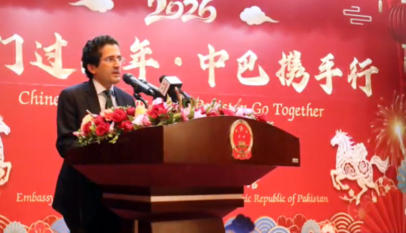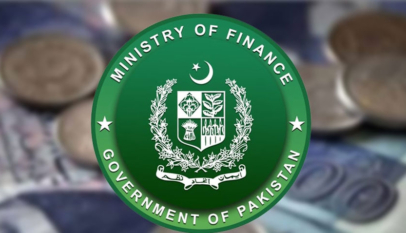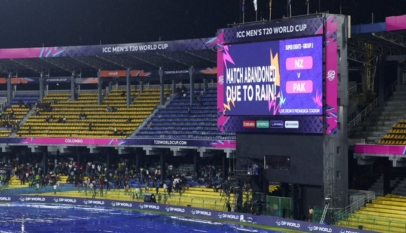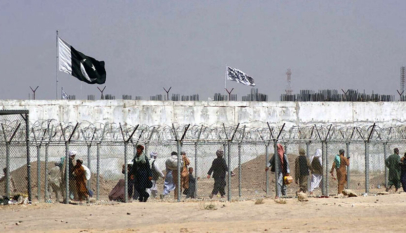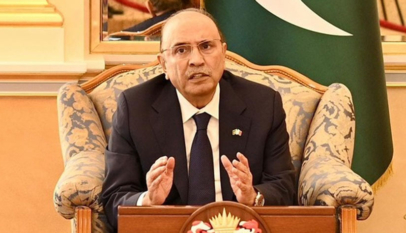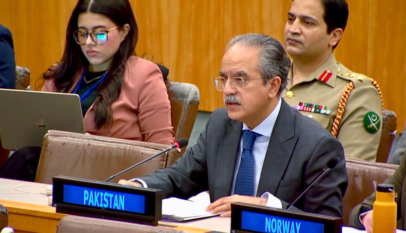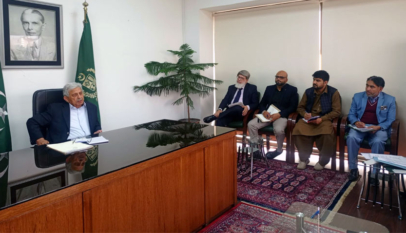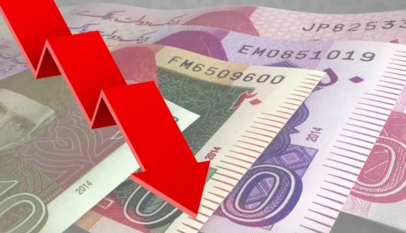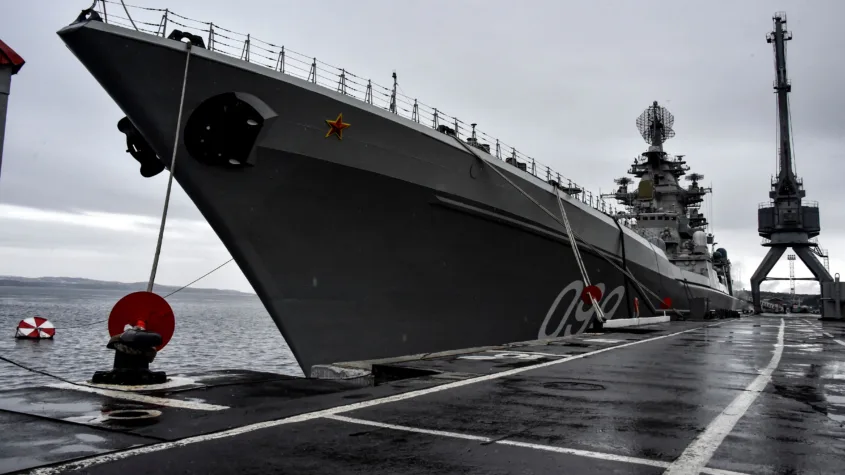
By Abdullah Jamal
Russia’s recent focus on the hot water seabeds in Asia signifies a strategic move with multifaceted implications. The exploration and exploitation of these hydrothermal vent systems reveal Russia’s intent to diversify its geopolitical and economic interests beyond its traditional spheres of influence. Here’s why Russia’s attention to these underwater resources is significant.
Firstly, hot water seabeds in Asia, particularly in regions like the Western Pacific and the Sea of Okhotsk, hold immense potential for mineral extraction. These hydrothermal vents are rich in valuable minerals like manganese, cobalt, and rare earth elements, which are crucial for various industries, including electronics, renewable energy, and defense. By tapping into these resources, Russia aims to strengthen its position as a key player in the global mineral market, reducing its dependence on traditional exports like oil and gas.
Secondly, the exploration of hot water seabeds aligns with Russia’s broader strategy of asserting itself as a dominant player in the Arctic and the Far East. As climate change accelerates the melting of polar ice, new maritime routes are opening up, facilitating access to previously inaccessible regions. Russia, with its extensive Arctic coastline, stands to benefit from these developments. By establishing a presence in the hot water seabeds of Asia, Russia can leverage its expertise in Arctic exploration and resource extraction to assert control over strategic maritime routes and expand its influence in the region.
Moreover, Russia’s interest in hot water seabeds is intertwined with its geopolitical ambitions in the Asia-Pacific region. With tensions simmering in the South China Sea and the broader Indo-Pacific, Russia sees an opportunity to bolster its strategic partnerships with countries in the region. By offering its expertise in underwater exploration and resource extraction, Russia can forge closer ties with Asian nations, positioning itself as a reliable ally in the face of growing geopolitical competition.



